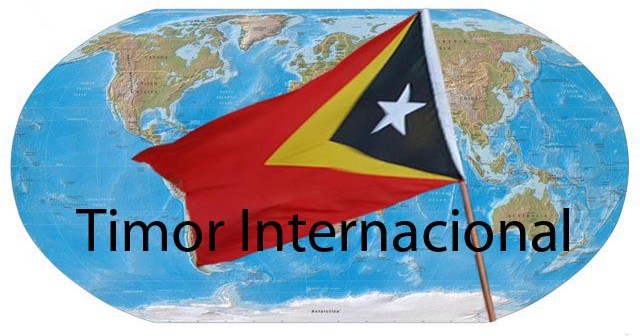 by Mungpi
by MungpiThursday, 18 December 2008 19:53
New Delhi (Mizzima) - East Timor and the Czech Republic have 'in principle' agreed to offer asylum to 34 Burmese ethnic rebels, who are currently lodged in Kolkata's presidency jail in India and facing trial for alleged gun-running.
Soe Myint, Editor-in-Chief of Burmese Independent News Agency – Mizzima – who is appointed by the Calcutta court as interpreter for the rebels said, the two countries have agreed to offer asylum in order to avoid deportation to military-ruled Burma, if they were found not guilty under the Indian law.
"Now that the trial is almost over, and if they are found not guilty, they cannot remain in India… But repatriating them to Burma could be dangerous for them so these two countries have offered to provide shelter to avoid repatriation," Soe Myint said.
But he added that in order to resettle the rebels to these countries, the UN refugee agency (UNHCR) needs to intervene and recognise them as refugees.
With the case of the Burmese ethnic rebels - Arakanese and Karen - drawing to an end, 38 Burmese organisations including the National Unity Party of Arakan (NUPA) and the Karen National Union (KNU), of which organisation the detained rebels belong to, have written an appeal to the UN High Commissioner for Refugee in Geneva to intervene into the case.
The 38 organisations include armed resistant groups, political groups and parties that have been living in exile and struggling to restore democracy in Burma.
In their letter to Mr. Antonio Guterres, the High Commissioner for refugees, the groups said, the 34 rebels, even if acquitted of the current charges, if denied UNHCR protection and promised resettlement to third country, could continued to be detained for charges under the foreigners act.
The groups said the worst would be for India to deport them back to Burma, as they would be executed or jailed by the military-rulers, whom the rebels have fought for years.
Akshay Sharma, one of the defence counsels of the rebels, said the prosecution has so far failed to provide sufficient evidence to prove the charge. But with at least three to four court schedules still pending, the trial could continue for another six months.
"Within this period the court will make a judgement," Sharma told Mizzima during an interview earlier.
"We have all the positive prospects," Sharma said.
However, the last court session, scheduled in late November was adjourned to January 15 to 21, 2009 by the court saying the prosecution was unable to bring some of the resources.
The 34 rebels, belonging to armed rebel groups the NUPA and KNU, were arrested in February 1998 by Indian armed forces after they had come to India's eastern archipelago of Andamans.
The rebels, who would be completing 11 years of detention in February 2009, said they had been framed by the Indian military.
They said, they have been associated for long with Indian military intelligence, and have been used to watch Chinese naval activity and movement of northeast Indian rebels on the Arakan coast in western Burma, until India's relations with the Burmese military junta improved in the late 1990s.
According to the rebels, the Indian military intelligence had made an offer to them to come and set up base in the Landfall islands of the Andamans. But when they came in two ships, six of their leaders were killed in cold blood and the rest were arrested and put in jail.
They were arrested and kept in Port Blair without being charged until October 2006, when they were ordered by the Supreme Court to be moved to Kolkata, after a leading human rights lawyer Nandita and her associates filed a petition and to conduct a day-to-day trial.
With defence counsels confident that the charges will be dropped as the prosecution failed to present adequate witnesses and evidence, Soe Myint said, they need a place where they can have asylum, because if they are not convicted under Indian law, and are not resettled to a third country, Delhi might deport them back to Burma.
"If they [the rebels] are sent back to Burma, they might even be executed," Soe Myint added.
Source: Mizzima



